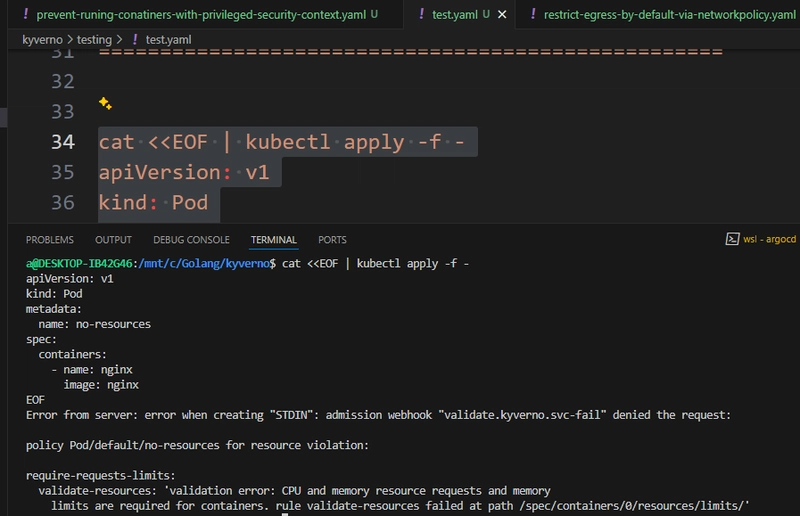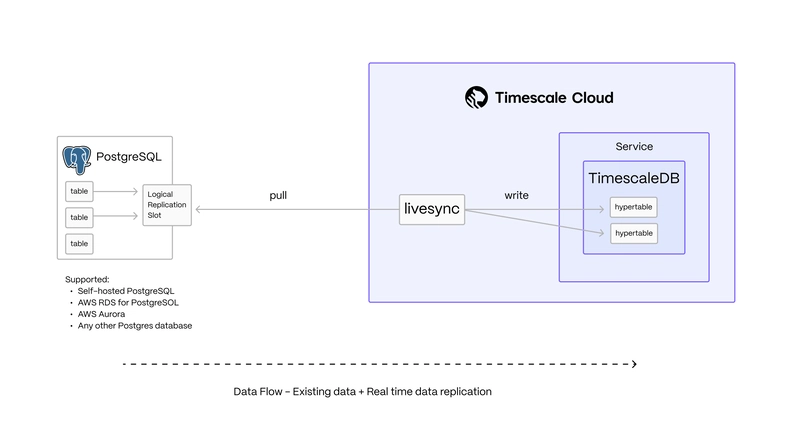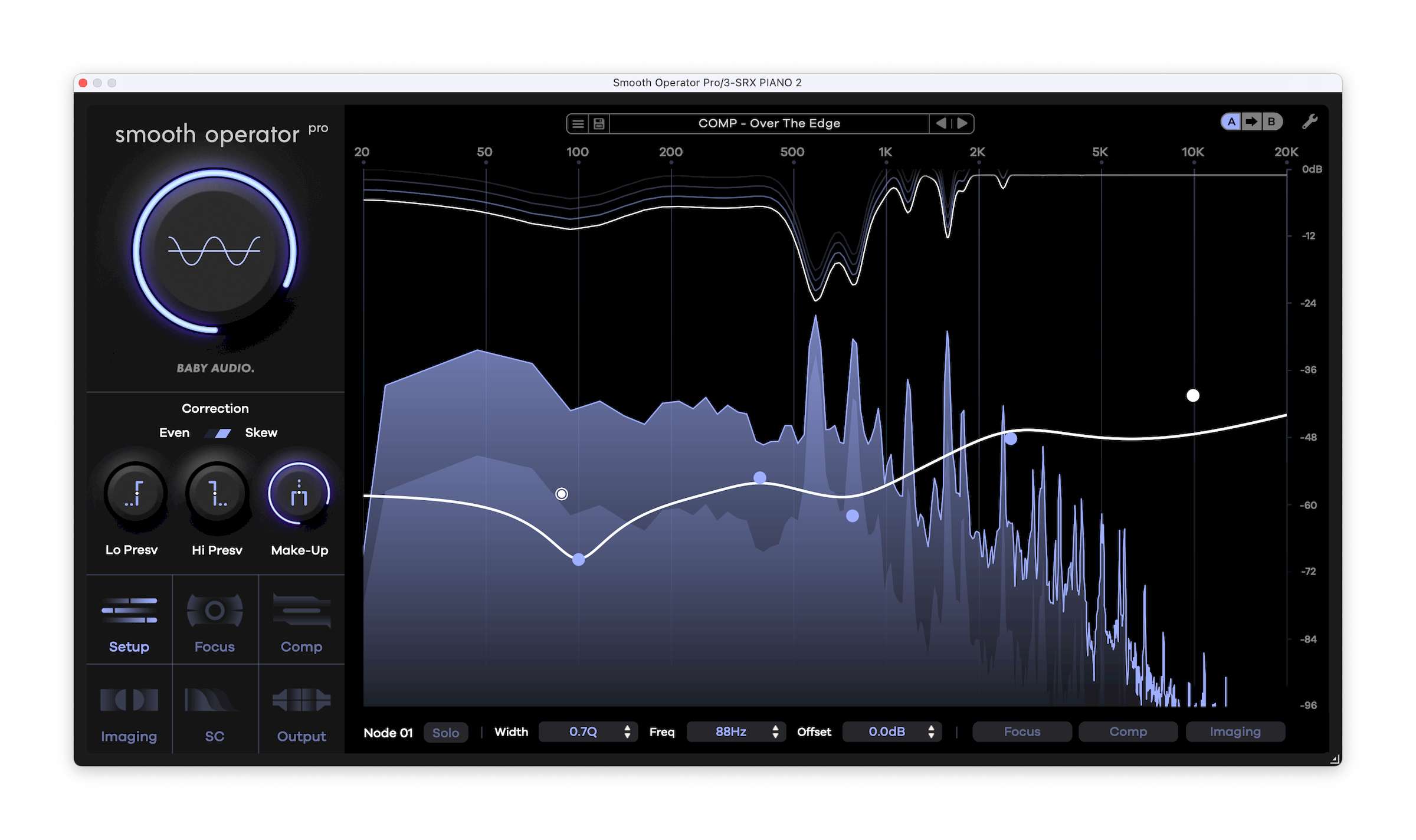5 ways Trump reshaped the government in the first 100 days
President Trump’s first 100 days have upended norms in the White House and across the federal government with a slew of executive actions and policies that aim to fulfill his key campaign promises. It has included the slashing of several agencies, the firings of thousands of federal workers and skirting courts amid a wide swath...

President Trump’s first 100 days have upended norms in the White House and across the federal government with a slew of executive actions and policies that aim to fulfill his key campaign promises.
It has included the slashing of several agencies, the firings of thousands of federal workers and skirting courts amid a wide swath of legal cases challenging the administration.
Here are five ways Trump has reshaped the government in the first three months of his second term.
Federal agency overhauls, cuts
The president brought in billionaire tech entrepreneur Elon Musk to lead the Department of Government Efficiency (DOGE), which aimed to overhaul the federal government by identifying what it sees as waste at agencies.
At least 121,000 federal workers have been fired or laid off, according to a CNN analysis, and at least 30 agencies have been impacted.
DOGE gutted the U.S. Agency for International Development (USAID), massively reduced the staff at the Department of Veterans Affairs, and teamed up with secretaries for restructuring at agencies like the Department of Health and Human Resources. Some of the eliminations were swift and widespread, prompting Trump to relay publicly that he wanted Musk to cut with a “scalpel” instead of a “hatchet.”
Senior White House officials argue that the overhaul is necessary to “return power” to the elected officials and away from the unelected bureaucrats of the federal government. Musk came on as a Trump adviser during his campaign and was put in charge of DOGE by Trump.
“We’re living in the prison of bureaucracy that is completely antithetical to democracy. One of the biggest changes the president has made— primary fight is an intra-branch fight. A fight between the president and the bureaucracy,” officials said.
Following his work, Musk is easing off of his special government role and will leave secretaries at the helm of ongoing changes. Musk’s Tesla car company has become a target and some public perception of his work has been panned.
Executive orders bypassing Congress
Trump has signed more than 140 executive orders in his first 100 days in office, according to the White House.
Starting on the day he was sworn-in, Trump has acted on everything from immigration, social issues, Jan. 6 defendants, education, targeted law firms and much more.
Those executive actions, which Trump executed from the Oval Office, left out Congress which holds the power of the purse. The GOP-led House and Senate chambers have said little of any of its power being eroded.
The president did sign onie major piece of legislation – the Laken Riley Act. The bill, signed in January, required the detention of a broad swath of migrants without legal status if they have been accused of theft, burglary or shoplifting.
The White House is expected to increase its pressure on Congress to act on tax and border legislation in the next 100 days and Trump will increase his outreach to Congress as a package gets closer to passage, according to senior White House officials.
Speaker Mike Johnson (R-La.) met with the president on Monday about his agenda but Congress has a long way to go to get a bill in the works and passed due to the GOP’s very slim House majority and competing priorities.
Skirting court challenges
The White House faces dozens of challenges to its executive orders, stemming from actions on deportations, firing federal government workers and transgender troops in the military.
The legal challenge to Trump’s enacting of the 18th century Alien Enemies Act has made the most headlines. The act enables migrants to be deported due to an “invasion” of a foreign nation.
Hundreds of migrants have been swept up in deportations as a result, with the administration insisting they were members of the Tren de Aragua gang out of Venezuela or committed other criminal acts, without providing proof.
In the case of Kilmar Abrego Garcia, the administration admitted in court documents it had deported him in “administrative error” but the White House has since contested that notion. Despite being ordered by the Supreme Court to “facilitate” Abrego Garcia’s return, the administration insists he will not be returning to the U.S.
The administration has argued the courts cannot mandate his return since he is now in the hands of Salvadoran authorities.
In another case, a federal judge last week ruled that an executive order to ensure that “sanctuary” jurisdictions “do not receive access to federal funds” is likely unconstitutional. Trump then on Monday signed an executive order to further crack down on sanctuary cities for not coordinating with federal immigration authorities.
Senior White House officials argue that the courts are siding with the bureaucracy.
Expanding roles of DOJ, ICE
Trump has expanded the role of two agencies behind much of the enforcement of his top priorities — the Department of Justice (DOJ) and the Immigration and Customs Enforcement (ICE).
Trump directed attorney general Pam Bondi to take on tasks from investigating allegations of straw donations from foreigners to the Democratic party donor platform, ActBlue, to leading a task force to “eradicate anti-Christian bias.”
The administration has also undertaken a series of policy changes at DOJ’s Civil Rights Division, directing attorneys to focus on priorities like “Keeping Men Out of Women’s Sports” and “Eradicating Anti-Christian Bias.”
ICE has also been tasked with rapidly increasing its deportation numbers. It conducted a “first-of-its kind” operation with state law enforcement in Florida to arrest nearly 100 people over a matter of a few days, and detained more than 100 people in a raid at a nightclub in Colorado Springs, Colo., early Sunday morning.
Additionally, the FBI took the unprecedented step on Friday to arrest Milwaukee County Circuit Judge Hannah C. Dugan, alleging she tried to impede Trump’s immigration agenda by helping a migrant illegally in the U.S. avoid arrest in the courtroom.
Targeting of private institutions
The president has targeted various private institutions, including major universities and law firms, by withholding funding and aiming to undercut business.
The administration took away $2.2 billion in funding for Harvard after it refused to bow to Trump’s demands, which included changes to its hiring and admission practices, as well as eliminating its diversity, equity and inclusion programs.
While Harvard has sued the administration, Trump has also sought to target the university’s tax-exempt status and his Department of Homeland Security has threatened to eliminate its ability to enroll international students.
Law firms like Perkins Coie and WilmerHale have drawn Trump’s ire for working with his political adversaries. The president has directed various agencies to cut off those firms employees’ security clearances, access to federal government facilities and to review any contracts the government has with the law firm.
Perkins Coie and WilmerHale have asked the courts for legal relief from Trump’s orders, arguing they are unlawful and spell disaster for their ability to perform legal work involving the government. DOJ has fought back, arguing that it’s within the president’s discretion to decide who to trust with the nation’s secrets.










































































